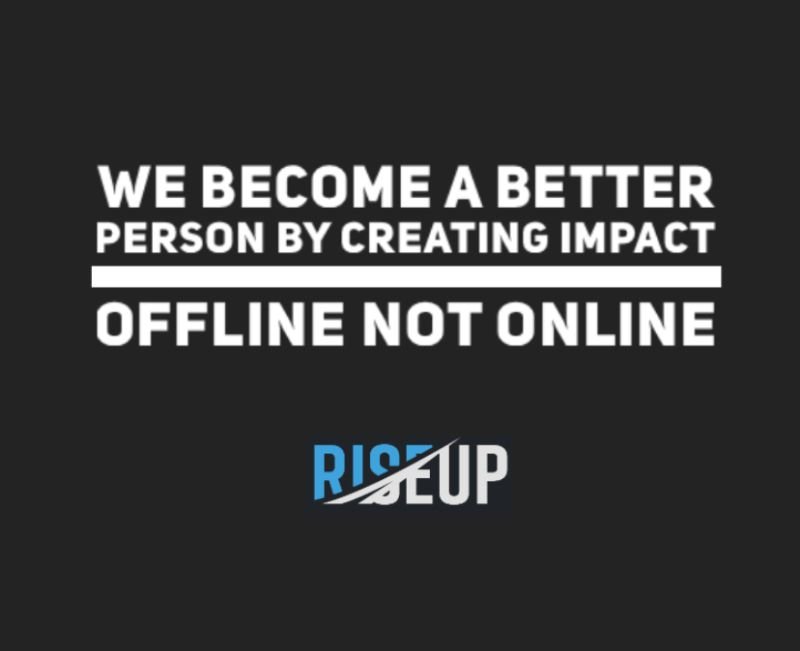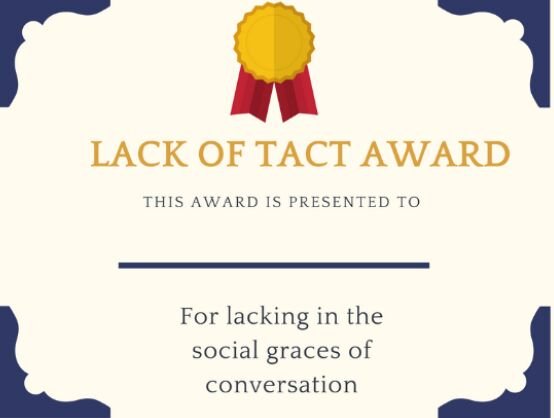
All of us understand the importance of having influence and being able to deploy this power positively in our personal and professional space.
We would have realized by now how useful it is to have influence – for yourself and the people around you. However, you might have come across some myths about influence. Such myths can cause you to question the validity of influence principles and sidetrack you from making the most of them. Here are some myths debunked.
Myth 1: Experience Automatically Makes You Influential.
Perhaps the more common myth about influence is that being experienced at something gives you influence over others less experienced.
There is no doubt that experience plays a part in influence, but not unless you can impart it to others. For example, if you have been working in the finance sector in a mid-level job for the past decade and do not help recruits learn more about the job, you do not have any influence.
In short, you have no influence if you do not share your experience and insight during meetings or conferences. If people do not take away lessons from your experiences and see you as the expert, you have no influence., Experience is essential and influential only if you share it.
Myth 2: Influence Works One Way.
The age-old adage of “you scratch my back, I’ll scratch yours” applies to influence. As described in the principle of reciprocation, a positive action has to be responded to in kind. Being able to influence someone does not mean you do not have to reciprocate. You cannot expect someone to scratch your back without doing something for them.
Research shows that if you do a favour for someone, you will have created an immediate good impression on the other person. The influence from both sides increases if the person returns the favour to you. This increases the likeability of both parties both ways. So if you want to amplify your influence, favours must be exchanged both ways because influence works more powerfully when it is a two-way street.
Myth 3: Being An Extrovert Is Important.
Extroverts can influence other people through their charm and showy communication skills. Yet some people feel overwhelmed when in the presence of someone outgoing. Studies have shown that introverts could have more influence than extroverts.
The reason is simple; introverts tend to listen intently to conversations and be intuitive in asking precise questions. If you are in sales, think thrice before concluding that introverts are not cut out for sales. Never assume such a generalization to be true.
Myth 4: Pleasing Everyone Is A Must.
Contrary to popular belief, you do not have to be someone’s good side to influence them. If you play your cards right and apply the principles of influence positively, you can influence your superiors, subordinates and co-workers. You don’t have to please everyone to be influential. If you are willing to bend to suit popular opinion, you can never be a strong influence on anyone.
Myth 5: Great Communicators Are Charismatic.
This is yet another common myth. What is charisma anyway?
No one in my training sessions ever had the correct answer to this question.
Science has a different but tried-and-tested interpretation. It is not about having charisma but the power of similarity between you and the other person – a similarity that boosts your likability factor with the person. Someone who depends solely on charisma will have a short-lived influence. I am sure we have all encountered people who were very charismatic but had little depth at some point or other.
This is Joseph@RISEUP Signing Off.
May You TRANSFORM, FLOURISH AND PROSPER in the brand new world!
#leadership #influence #stakeholder #persuasion #riseup #leader #team #mindset #authority

